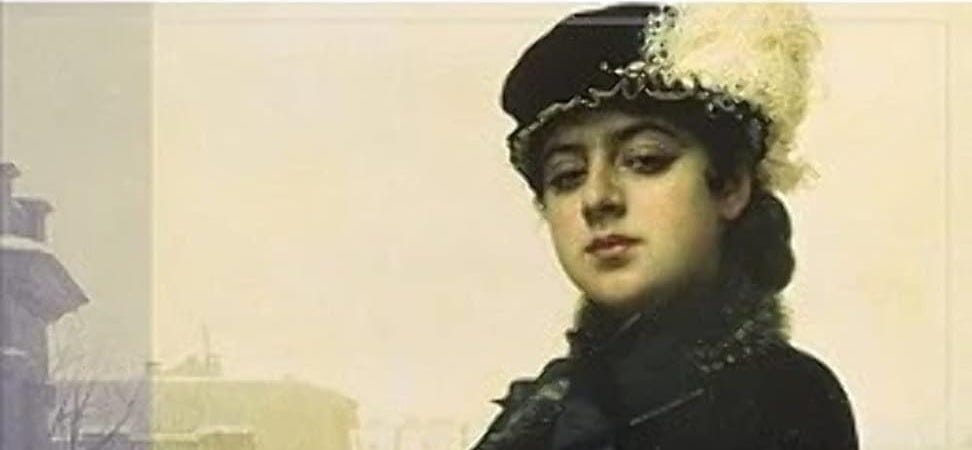For about a century and a half, the novel has ruled the world of literature. Before that, the idea of making up stories about people who never existed was typically thought frivolous. During this earlier period, narrative works of the imagination were called romances and tales. Le Morte d’Arthur was a romance about King Arthur and the knights of the Round Table set in medieval England and governed by a code of a bygone age. A popular genre of tales consisted of fables conveying moral lessons. They were deliberately nonrealistic, often featuring talking animals.
The romances and tales were descended from myths, which described supernatural beings often in anthropomorphic terms. These were the terms that came most naturally to pre-scientific humans. How seriously, or rather literally, the myths were taken probably varied from person to person, in the same way that religious beliefs today vary. Some Christians believe that the dead body of Jesus actually came back to life and ascended to a physical place called heaven — which had to be physical to accommodate the physical body of Jesus. Others interpret the resurrection metaphorically, in terms of the immortal soul being liberated from the mortal body.
The common thread among the pre-novel forms was that they didn't profess to describe the pedestrian world of everyday humans. And before the invention of movable type in the 15th century, the stories were commonly conveyed orally, in poems or plays. Poetic forms helped bards remember long passages — often hours long, sometimes days long. Plays put the stories in the words of actors who complemented the words with physical actions.
But about two centuries after Gutenberg, writers started populating stories with ordinary people. These people were often distinctive, by character or experience, but ordinary readers were supposed to be able to identify with them as they hadn’t identified with the gods of Asgard, the knights of Camelot or the critters of Aesop. Daniel Defoe’s Robinson Crusoe was an everyman with the ill fortune of wrecking on a desert – that is, deserted – isle. Defoe’s Moll Flanders was a resourceful everywoman who bent the rules that constrained women in her day.
Whereas the earlier genres had ulterior motives, with the stories put to the service of religion, national identity, prudent behavior and the like, this new genre — this novel genre — had the primary purpose of entertainment. Novelists, as they came to call themselves, often still proposed to uplift and edify. Harriet Beecher Stowe's Uncle Tom's Cabin reeked of uplift. Charles Dickens was somewhat more subtle but virtue was invariably rewarded in his final chapters. When virtue wasn’t rewarded, vice was punished, as Emma Bovary and Anna Karenina discovered. Either way the moral status quo was affirmed.
By the late 19th century the novel was the dominant genre in Western letters. As it matured, novelists strived for greater realism, by which users of the term meant, among other things, that evil sometimes triumphed, as it does in the real world.
Yet the more realistic the novels became, the more puzzling their hold on the popular imagination. Why read stories if they simply reproduce the world around you?
Part of the answer is that the realist works were often more popular among critics than among readers, who still appreciated escapism and happy endings.
Another part of the answer is that realist or escapist, the novel wraps the world in a peculiarly satisfying package. Novels have structure, with beginnings, middles and especially endings. They present conflicts, and by the end the conflicts are resolved. Sometimes they’re resolved happily, sometimes unhappily. But readers close the books knowing how the stories turned out.
This is rarely how life works. Conflicts aren’t resolved so often as they sputter out or sputter on or are subsumed in some other conflict. Novels give life a coherence it doesn’t often possess.
In other words, novels do what myths and romances and fables did. Novels aren’t about life as it is so much as about life as we wish it to be.
Compare written fiction to science. The latter tries to explain the world as it actually is. It would never occur to a chemist or a physicist to claim that truth can be found by making up data. Unscrupulous professional advancement, perhaps, but not truth. Yet novelists and their fans frequently assert that novels reveal a truth deeper than reality.
No, what they reveal is a longing as old as humanity. The myth makers and the fabulists conjured human meaning out of a universe that, on the available evidence viewed in the cold light of reason, cares no more for us than for rocks. Novelists do the same thing. Unsatisfied with that unfeeling universe, they create a universe of their own.
Then they tuck us into bed and kiss us good night.




In addition to being a first-class historian, Dr. Brands is also very knowledgeable about literature. If I were still teaching (and I miss the classroom), I'd require my students to read this essay.
I like Steven Johnson’s interpretation about the power of novels in his book “farsighted” he argues that novels (and fictional narratives in general) are extensions of the human mind’s marvelous aptitude for building simulations of potential events.